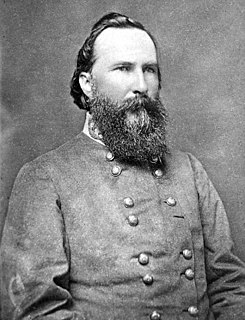A Quote by Carrie Fisher
My favorite films are ones that have my lines in it, and I like those lines. And I like to hear them.
Related Quotes
[Barack] Obama can draw lines for himself and his country, not for other countries. We have our red lines, like our sovereignty, our independence, while if you want to talk about world red lines, the United States used depleted uranium in Iraq, Israel used white phosphorus in Gaza, and nobody said anything. What about the red lines ? We don't see red lines. It's political red lines.
So you think the best way to prepare kids for the real world is to bus them to a government institution where they're forced to spend all day isolated with children of their own age and adults who are paid to be with them, placed in classes that are too big to allow more than a few minutes of personal interaction with the teacher-then spend probably an hour or more everyday waiting in lunch lines, car lines, bathroom lines, recess lines, classroom lines, and are forced to progress at the speed of the slowest child in class?
Those of us raised in modern cities tend to notice horizontal and vertical lines more quickly than lines at other orientations. In contrast, people raised in nomadic tribes do a better job noticing lines skewed at intermediate angles, since Mother Nature tends to work with a wider array of lines than most architects.
We like books that have a lot of dreck in them, matter which presents itself as not wholly relevant (or indeed, at all relevant) but which, carefully attended to, can supply a kind of "sense" of what is going on. This "sense" is not to be obtained by reading between the lines (for there is nothing there, in those white spaces) but by reading the lines themselves looking at them and so arriving at a feeling not of satisfaction exactly, that is too much to expect, but of having read them, of having "completed" them.
In this age, I don't care how tactically or operationally brilliant you are, if you cannot create harmony - even vicious harmony - on the battlefield based on trust across service lines, across coalition and national lines, and across civilian/military lines, you need to go home, because your leadership is obsolete. We have got to have officers who can create harmony across all those lines.




































